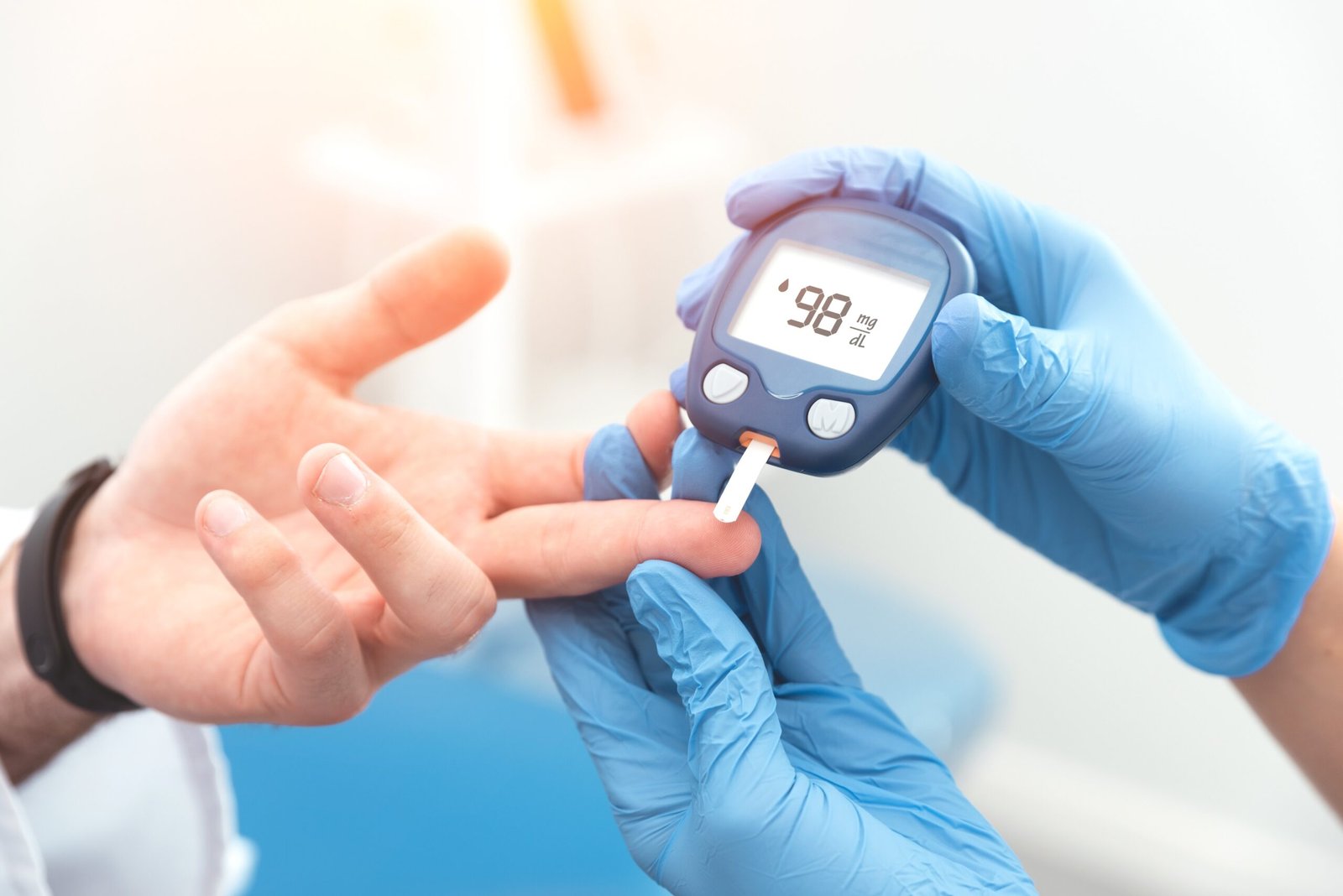Subtotal $0.00
Subscribe to out newsletter today to receive latest news administrate cost effective for tactical data.
2478 Street City Ohio 90255
Shopping cart
- Phone: +91 9421485778, 02382-257292
- Email:info@harishchandramedicity.com
- Harishchandra Medicity, Latur Rd, Mantri Nagar, Latur.




